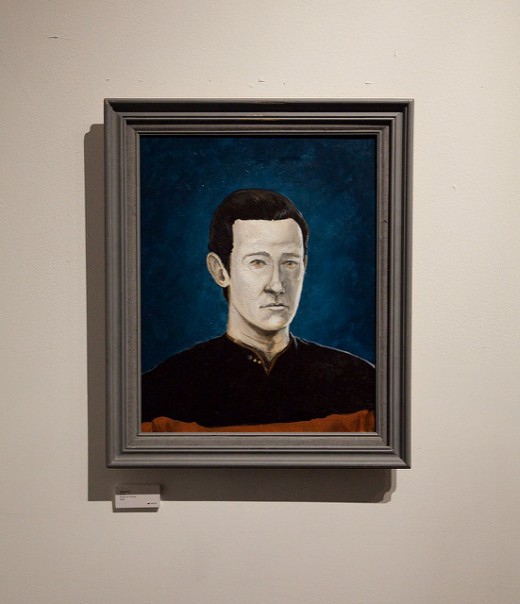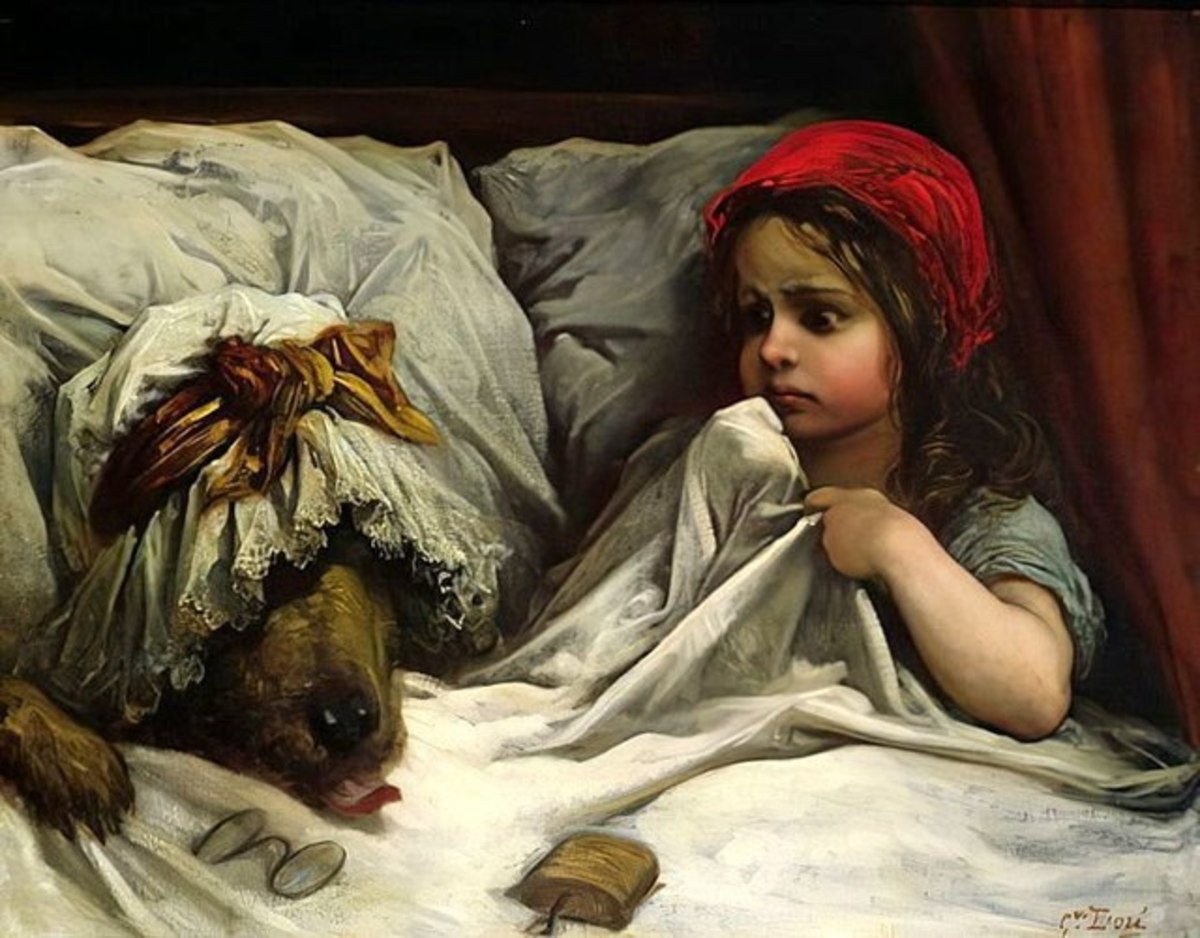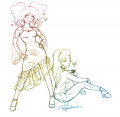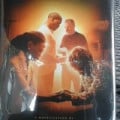Do We Apply the Rules of Proper Plurals To the Names of Fictional Characters?
This Is Not Serious Business--It's All In Fun
Fun means entertainment, whether games, books, TV shows, amusement parks or what have you. All come under the heading of fun. Whether you are playing a board game such as Monoply,™ or a child's game such as CandyLand,™ there are bound to be fictional characters with odd-sounding names included.
The same is true of movies and television series. The names are all made up, from the imagination of the writers who produced the script or screen play. The majority are normal-sounding names, including such pedestrian choices as "Mrs. Brown," or "Mr. Smith."
However, when we move into the realm of science fiction, the names of the alien characters must sound more exotic and not-of-this-world. Hence, in major series such as the Star Trek™ franchise, we have "Worf," "Neelix," and so on.
Now, the most common plural forms of anything include merely adding "s" or "es" to the word in question. There are, of course, some specific exceptions, such as, "one cactus; two cacti."
Now, Here's the Question:
Again, in the Star Trek™ collection of characters, we have one notable man-made creation. I refer, of course, to Mr. Data, or Lt. Commander Data, an android. (That's an advanced robotic humanoid-style being, for you non-sci-fi fans... )
Data, used as a word, is the plural of datum, meaning a fact or piece of knowledge. Data means a collection, or more than one datum.
Now, here's where the just-for-fun speculation begins.
Lt. Commander Data is essentially a computer that walks and talks. His memory banks contain vast amounts of data...hence his name. However, there is only one of him; so should he instead be Lt. Commander Datum? Do we properly refer to him as an individual, the single sum of all his parts?
In fact, there are two such androids, and Star Trek fans will recall a few episodes featuring Lor, his "evil twin brother." But, Lor has a different name, as do most brothers (the sons of George Foreman of "Foreman Grill,"™ and boxing fame excepted). Therefore Data and Lor are not both "Data," so should the regularly appearing Data be just Datum?
If we look at ourselves, we humans, also are comprised of many parts, the sum of which make up our individual wholes. Does that make each of us, individually, "humans?" No, we are each a single human, regardless of what is contained within. We are humans, in the plural, only collectively as a world of peoples.
Lt. Commander Data

People vs. Peoples
People is one of those words that is plural by nature, meaning more than one person. It is one of the more complicated plurals., Sometimes, depending on exact meaning or usage, "persons" is also correct. However, I won't go into that here.
As I used "peoples" above, it referes to many different kinds of people, in other words, all the races and ethnicities. The world is full of individual people, yes, also correct, but to encompass all of our rich cultural varieties, you would use "peoples."
It is very much the same as the word fish. Fish is one of those words that is either singluar or plural, the determination being made by the context in which it is used. "I have one fish "in my aquarium." or, "I have 10 fish." in this case, the person speaking has 10 of all one kind of fish; goldfish for example. However, if they have a mix of differnt kinds of fish, they would then say, "I have 10 fishes in my aquarium."
Clear as mud? I thought so.
Oh dear; now what about sheep? Another word that is either singular or plural. Do you have a flock of sheep, if they are all the same kind, and do you have a flock of 'sheeps,' if there are mixed varieties?
Well, let's leave that puzzle for now, and move right along.
A Board Game of Years Past Provides Another Puzzle
When I was a child, there was a board game, Uncle Wiggily Long Ears, about which I have written an article. The game is based upon a series of books featuring anthropomorphic stories of assorted forest animals. These were the tales of Uncle Wiggily and his friends.
In the board game, there are a couple of nefarious characters known as "The Skeezicks," and "The Bad Pipsisewah." They lurk in cornersof the board and if you land on either spot, you lose a turn, or have to move backwards a few spaces. Both are very threatening-looking, but of course, going to come to life from out of the game board.
"Skeezicks" is now a term I've taken to using to address any of our cats when they are behaving mischievously. But, we have 6 cats. This recently brought the question to my mind (as probably only my mind works), as to what is the plural of "Skeezicks?"
The previously explored plurals which do not fit the common mold are Latin-based usage, and they include the cactus/cacti format, as well as others that take oddball-looking plural forms, such as nebula and nebulae.
Should it take the standard plural form, "Skeezickses," or should it take the more Latin form, "Skeezicksii?" (The double-"i" ending is actually pronounced as "e-i.")
Now, upon further thought, the latter form looks more like a "named after" format than a plural form. This is found in biology and botany as well as horticulture, where a new species or type may be given the name of its discoverer; "Brownii," for example. So maybe just "Skeezicksi."
Nonsense, Hilarity, and Confusion--Just For Fun
Interestsing food for thought, is it not? At least it is interesting if you're a word geek like me.
Thanks for joining me on this journey into inanity. You might also enjoy this more complete and proper article on various plural forms by Victoria Lynn.
© 2012 Liz Elias








